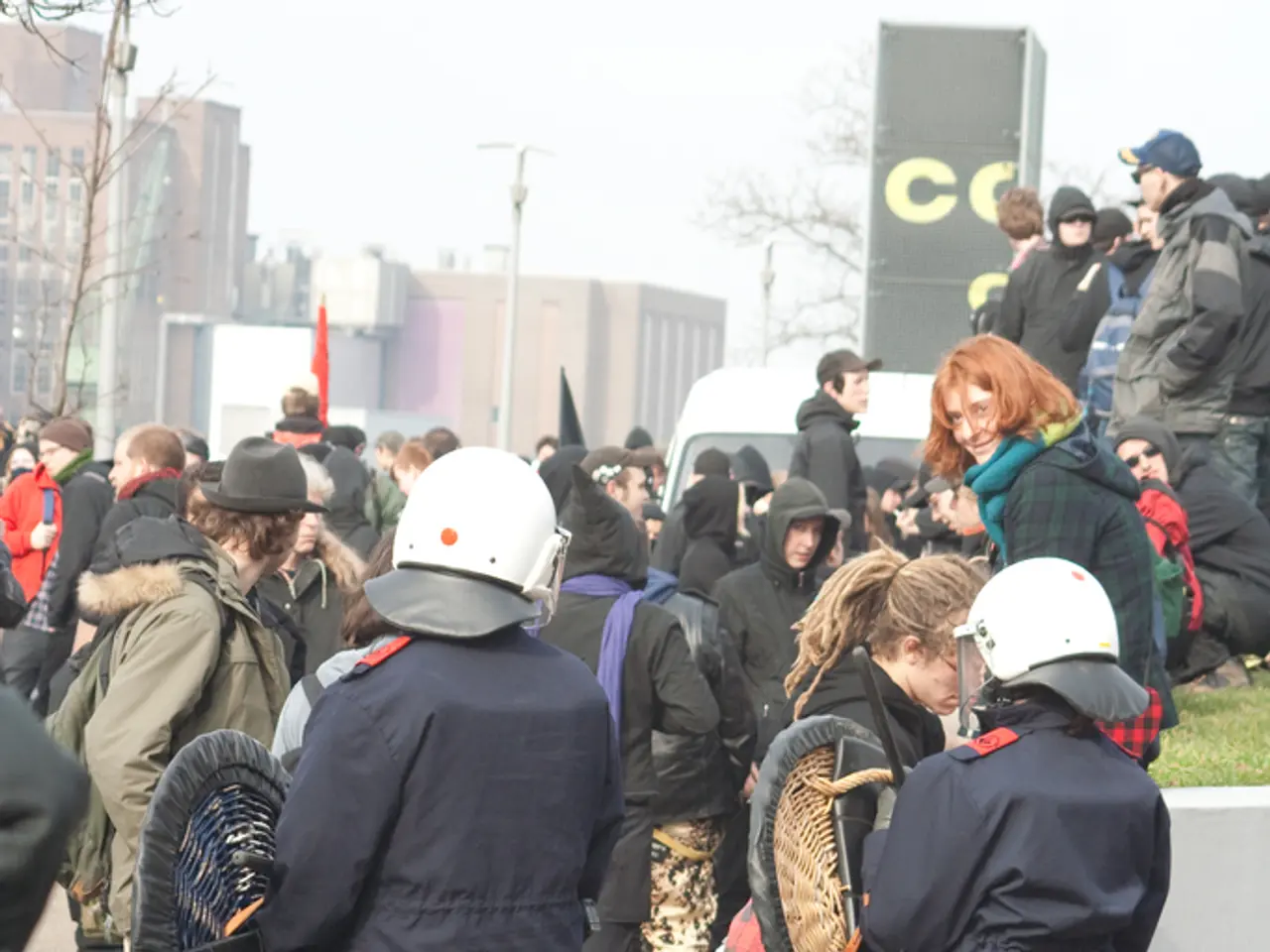Submitted audio recording implicating former DMP commissioner Habibur, allegedly commanding police to open fire on protesters, given to ICT for investigation
In a significant development in the ongoing case against Habibur Rahman, the former Dhaka Metropolitan Police Commissioner, an alleged wireless audio recording has been submitted as evidence at the International Crimes Tribunal (ICT). The recording, if authentic, could potentially provide additional evidence against Rahman in the case filed over the killings in the Chankharpul area of the capital during the mass uprising.
The submission took place during ongoing proceedings in a crimes against humanity case against Rahman and seven others. According to court sources, the audio recording and a written transcript were submitted on 12 August.
The content of the recording is said to contain instructions for police officers to shoot protesters, although it does not explicitly mention the date or location of the incident. In the recording, Rahman is reported to have instructed officers to take a kneeling position and shoot below the waist to control situations. However, the authenticity and context of the wireless audio message have not been verified or confirmed by court sources.
Interestingly, the wireless audio message was not previously highlighted during the opening statement by the ICT chief prosecutor. It was only during the course of the proceedings that the recording was brought to light. The recording was not specified as part of the evidence in the case filed over the killings in the Chankharpul area of the capital either.
If the audio recording is found to be authentic, it could be interpreted as an instruction to shoot protesters, although it does not explicitly mention the date or location of the incident. This could potentially suggest that Rahman condoned the use of excessive force by police officers.
It is important to note that the wireless audio message was not part of the evidence submitted to the ICT at the outset. Rahman has been charged in connection with crimes against humanity, including the shooting of a student hanging from a building ledge during an anti-discrimination protest in Rampura and the killings of two others on the same day. Arrest warrants have been issued for him and three other former police officials, indicating that the charges against them are serious and warrant further legal action.
The case involves allegations of crimes against humanity against Rahman and seven others. The case is currently ongoing at the International Crimes Tribunal (ICT). The details of the specific evidence, such as audio recordings, are not provided in the available search results, emphasising the importance of the submitted recording in the ongoing proceedings.
- The wireless audio recording, submitted recently during the trials of war-and-conflicts cases at the International Crimes Tribunal (ICT), could potentially provide evidence of political involvement in crime-and-justice matters, as it allegedly contains instructions for police officers to use excessive force.
- The ongoing trial of Habibur Rahman and others for crimes against humanity has seen the submission of a controversial audio recording that, if authentic, could implicate Rahman in unjustified use of force, further fuelling general-news debates on the role of politics in crime-and-justice scenarios.






